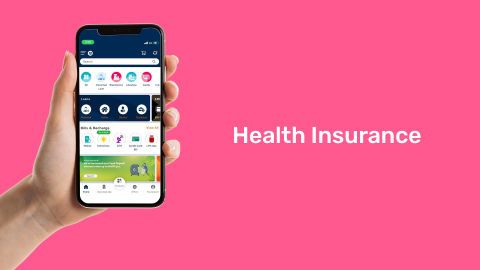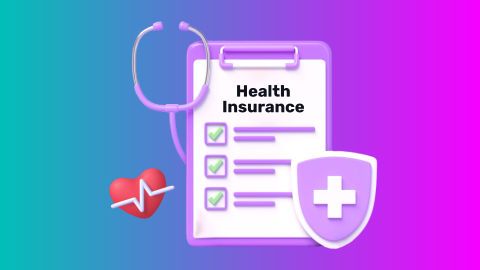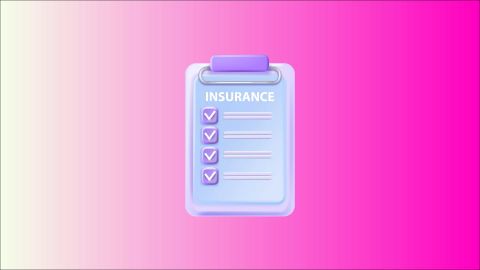In health insurance, the waiting period is the time you must wait before coverage for specific illnesses or conditions becomes active. You can check the exact waiting period in your policy’s terms and conditions. Ideally, it’s wise to choose a plan with a shorter waiting period so that you can access coverage for those conditions sooner.
What is waiting period in health insurance?
A waiting period is the duration that you must wait after purchasing your health insurance plan before you can claim certain benefits. It is a period that an insurance company demands before offering full coverage. During this period, the insurance company does not pay for certain treatments or illnesses. You will have to wait for the waiting period to end before you can claim coverage for it.
What is survival period in health insurance?
Another concept that people often confuse with waiting period in health insurance is the survival period. The survival period is the minimum period that the insured must live after the diagnosis of specific medical conditions. This especially applies for critical illnesses. The insurer pays the sum insured in the policy only after the survival period gets over.
Different types of waiting period in health insurance
Here are different types of waiting period applied to health insurance:
- Initial waiting period: When you purchase health insurance, there is an initial waiting period that lasts up to 30 days. During this period, the insurer will not compensate for any claims made by the policyholder. You can make the claims after completing the initial waiting period.
- Waiting period for Pre-existing Diseases (PED): Pre-existing diseases are diseases that you may have before buying health insurance. These include asthma, blood pressure, cholesterol, diabetes, etc. It is important to disclose pre-existing diseases to the insurer when purchasing the plan. The insurance companies generally impose a waiting period of 2-4 years for specific diseases. The insurers start covering the medical expenses incurred for treatments of pre-existing diseases only after the waiting period gets over.
- Waiting periods for specific ailments or procedures: Waiting periods also exist for specific illnesses or procedures, such as cataract surgery, bariatric surgery, or hernia, and work similarly. The waiting period for such treatments can vary from one insurance company to another. You should read the policy documents, and the terms and conditions stated on them carefully.
- Waiting period for maternity benefit: Most health insurance plans have a waiting period of 9 months to 2 years for maternity benefits. Maternity insurance includes prenatal care, delivery and postnatal care, and other related expenses. You can claim coverage for these benefits only after serving the specified waiting period on the policy.
- Waiting period for accidental hospitalisation : The waiting period for accidental hospitalisation in health insurance is generally brief, typically ranging from 24 to 48 hours. This enables policyholders to access coverage for accidental injuries shortly after obtaining the policy, ensuring timely financial support during medical emergencies.
- Waiting period for health check-ups: Health insurance policies often include a waiting period before covering routine health check-ups, usually between 30 and 90 days. This period allows insurers to evaluate the insured’s health status and pre-existing conditions, ensuring fair and accurate coverage.
- Covid-19 waiting period: Health insurance policies typically include a waiting period for Covid-19 coverage, usually ranging from 15 to 30 days. During this period, policyholders cannot make claims related to Covid-19 treatment. This measure helps insurers manage risks while ensuring fair coverage for policyholders.
Health conditions and their waiting periods
Different health conditions have varying waiting periods before coverage becomes applicable. Pre-existing diseases often have a waiting period of 2 to 4 years, while specific treatments, such as maternity benefits or certain surgeries, may have a waiting period ranging from a few months to a few years.
Here’s a quick look at the types of waiting period and its duration.
Health conditions |
Waiting period levied |
Initial waiting period |
30-60 days |
Pre-existing diseases |
Between 30 days and four years, depending on the insurer. |
Maternity benefit |
Between 9 months and two years, depending on the insurer. |
Accidental coverage |
Zero waiting period |
Specific illnesses |
Between one and two years, depending on the insurer. |





